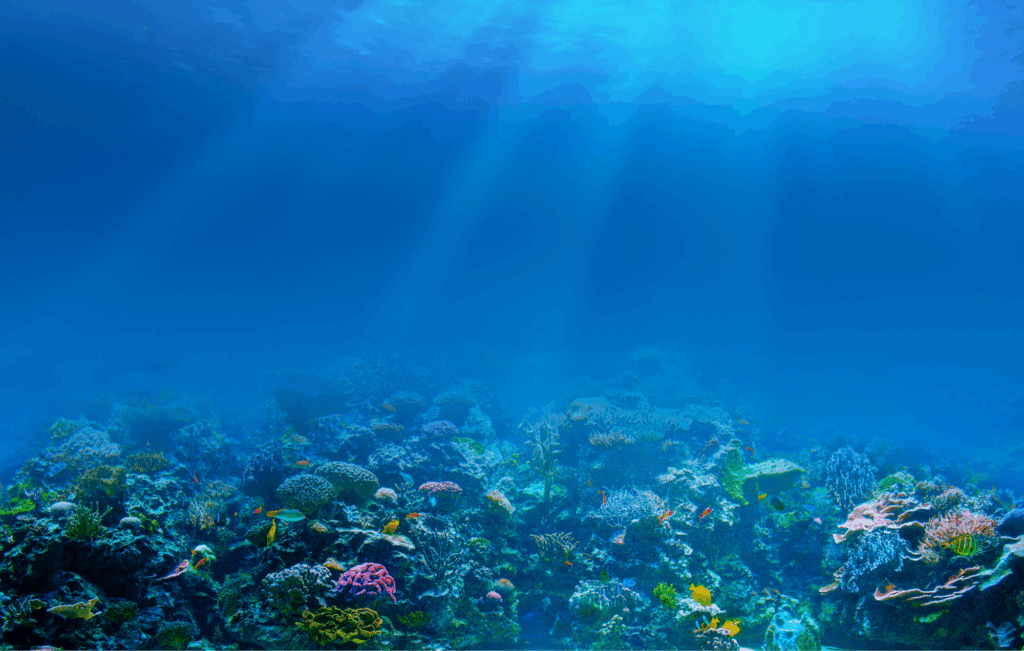The Big Picture: Marine plastic pollution is a growing global concern, but current international regulations are fragmented and poorly enforced. This study examines the gaps in existing frameworks and proposes a comprehensive approach to tackle the issue more effectively.
The Study: Researchers analyzed 17 international instruments, including UNCLOS, the London Dumping Convention, and MARPOL, to identify overlaps and gaps in jurisdiction. They found a significant disconnect between ‘soft law priorities’ and ‘hard law absence’, particularly in regulating microplastics.
The Discovery: The study proposes an integrated framework combining an umbrella convention with specialized protocols. This approach aligns the Global Plastic Treaty with carbon market mechanisms, enhances cross-border technology transfer, and extends producer responsibility. It also suggests transforming the precautionary principle into a no-regression clause and clarifying Marine Protected Area rules under the BBNJ Agreement.
The Takeaway: To effectively combat marine plastic pollution, a coherent global regulatory system is needed. The proposed framework, which includes mandatory jurisdiction for the International Tribunal for the Law of the Sea and a multi-stakeholder governance model, could help overcome the current fragmentation in land-sea governance and lead to more effective control of marine plastic pollution.

